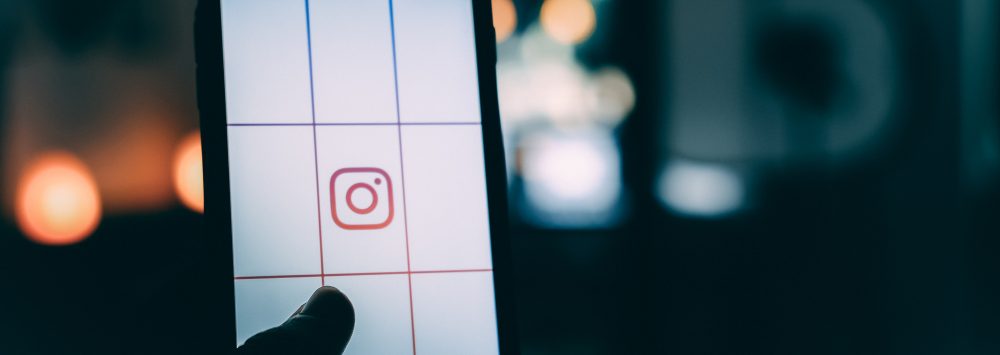By Katie
This story is part of our blog series called “Stories from the OCD Community.” Stories from the community are submitted and edited by Toni Palombi. If you are interested in sharing your story you can view submission details at www.iocdf.org/ocd-stories.
Since adolescence, I have been suspicious about social media. The idea of posting details about my private life has always seemed creepy. What could possibly be so interesting about me that the whole world needed to know? However, my perspective has changed, and I have found that social media has become an important outlet.
I have lived with OCD since I was a child, however, it was only in the past year that I felt an increasing desire to share my experience, and looked to social media. I began with a brief foray into making YouTube videos about OCD and OCD treatment. After spending time making a few YouTube videos my roommate recommended that I switch to Instagram because posts are faster and easier to create.
I soon discovered that Instagram was the perfect platform to raise awareness about OCD and exposure and response prevention (ERP) for OCD treatment. I first learned to use ERP as a treatment for OCD at a teen residential program at Rogers Memorial Hospital some 8 years ago; since that time, I have continued the therapy with the help of outpatient therapists. My Instagram account provided me with an easy way to document my ERP therapy and to share my reflections about living with OCD.
My initial intention was to use Instagram to help others by raising awareness about OCD and offering people an insight into my experiences with ERP therapy. I did not expect that the process would help me, however, as I transition to finding a new therapist and support network in a new city, Instagram has been a huge source of support.
My Instagram project has helped me in the following ways:
- Creates a community that shares experiences about living with OCD. Through hashtags like #exposuretherapy and #ocdawareness I have been able to connect with people who share similar experiences and have found some great feeds to follow that offer helpful information. This was particularly beneficial when I made the transition from living in Boston, where I had a great therapist and OCD support group, to living in Cleveland where I had neither. Since moving, I have made friends whom I can talk to about the day to day struggles of OCD as well as the successes of recovery. Not feeling alone is very powerful; also, having people to cheer me on with ERP motivates me to persevere with the therapy as I seek a new therapist.
- Keeps me honest. The Instagram project helps me to “walk the walk” and not just “talk the talk.” If I am really dreading an exposure, like buying a Cosmopolitan magazine or doing grocery shopping, I can post about the experience and upload photos of me actually doing it. This keeps me accountable. Also, I can write out some of my “scary” or “irrational” thoughts and add some sarcastic or incredulous emojis or bitmojis to highlight how unrealistic such thoughts are. Once I do that, my perspective shifts and I am better equipped to let the thoughts pass by without acting on them.
- Reminds me that there is more to my life than OCD. Recognizing that there are many parts of my life that are not driven by OCD is beneficial because it helps me to focus on my recovery. I am fighting OCD so that I can be successful and participate in activities which I value.
- Enables me to track my recovery progress. Reading through past posts enables me to see the changes that have occurred over time. For example, I can see that six months ago I was struggling to drink alcohol without engaging in compulsions to reassure myself that I was not drunk. Right now – 6 months on – I am comfortable enjoying a drink at a restaurant with my family. While I still have a long way to go before I am comfortable attending social events with my peers that include alcohol, slowly but surely the ERP for this compulsion is paying off.
Using social media to document my experiences about living with OCD – in conjunction with professional therapy – might not be a positive choice for everyone, but it is a positive choice for me at this time. I am stable enough in my recovery that I am able to avoid the trap of seeking reassurance from others online. I take other precautions, such as not posting every exposure and limiting my total time on Instagram to ensure that it remains a good influence and does not morph into a negative one. With these boundaries in place, Instagram has been beneficial for my fight against OCD.
Katie is a graduate student at Case Western Reserve University studying social work. She has an Instagram account about living with OCD: @ocdillustrated.


Leave a Reply